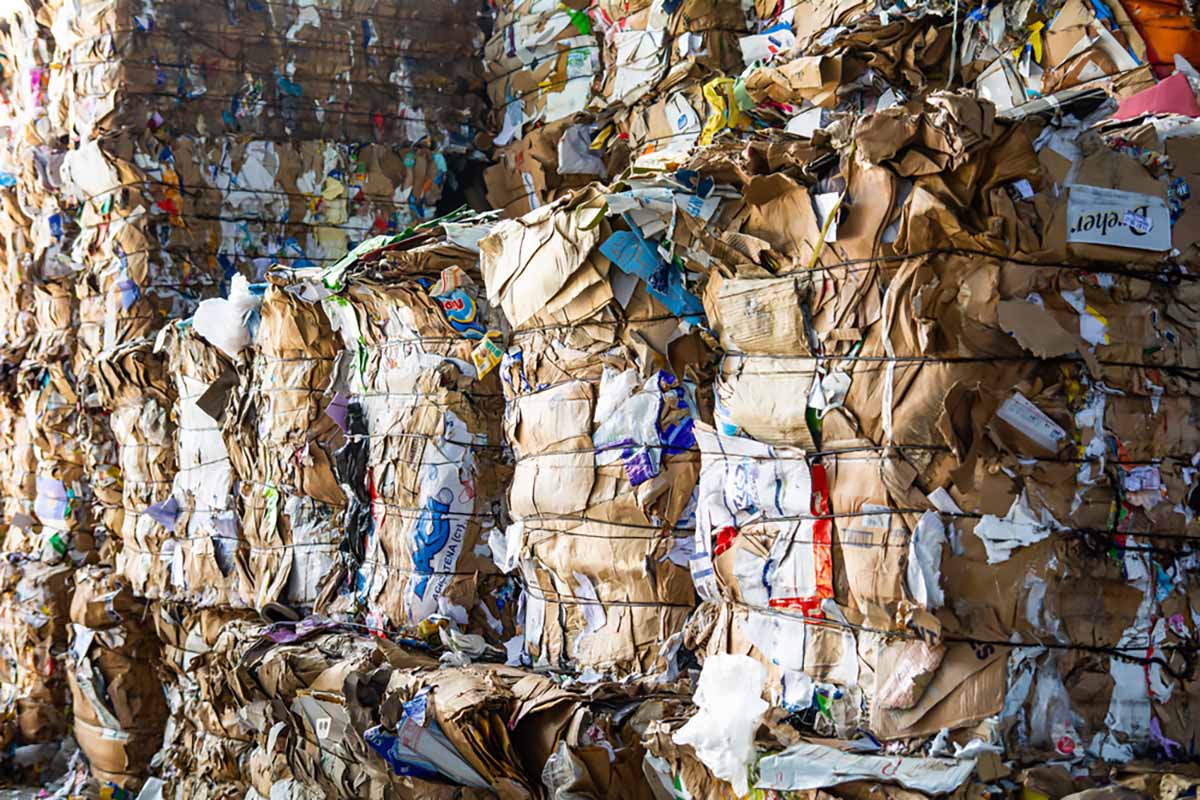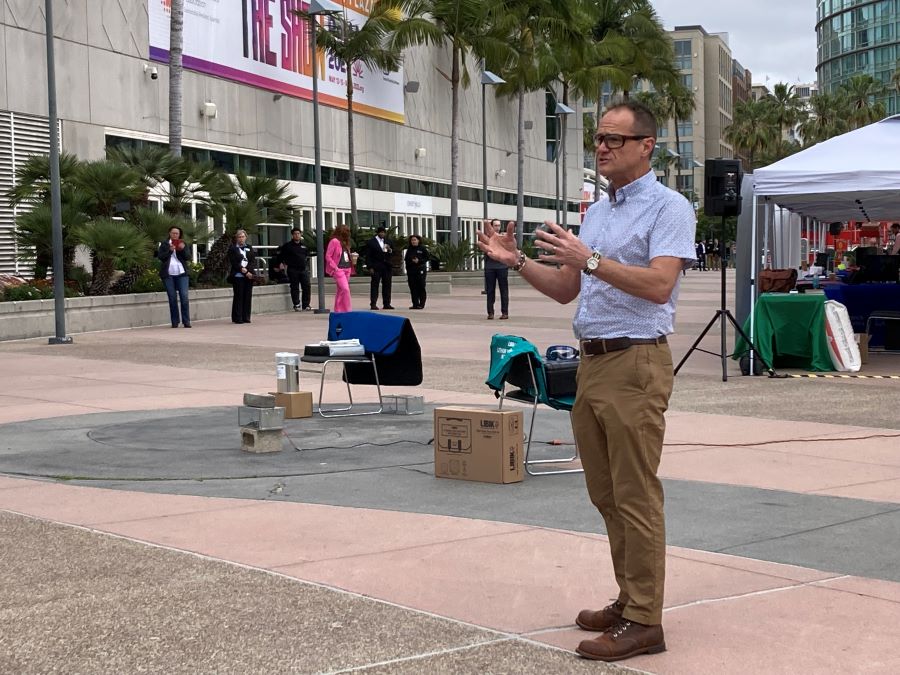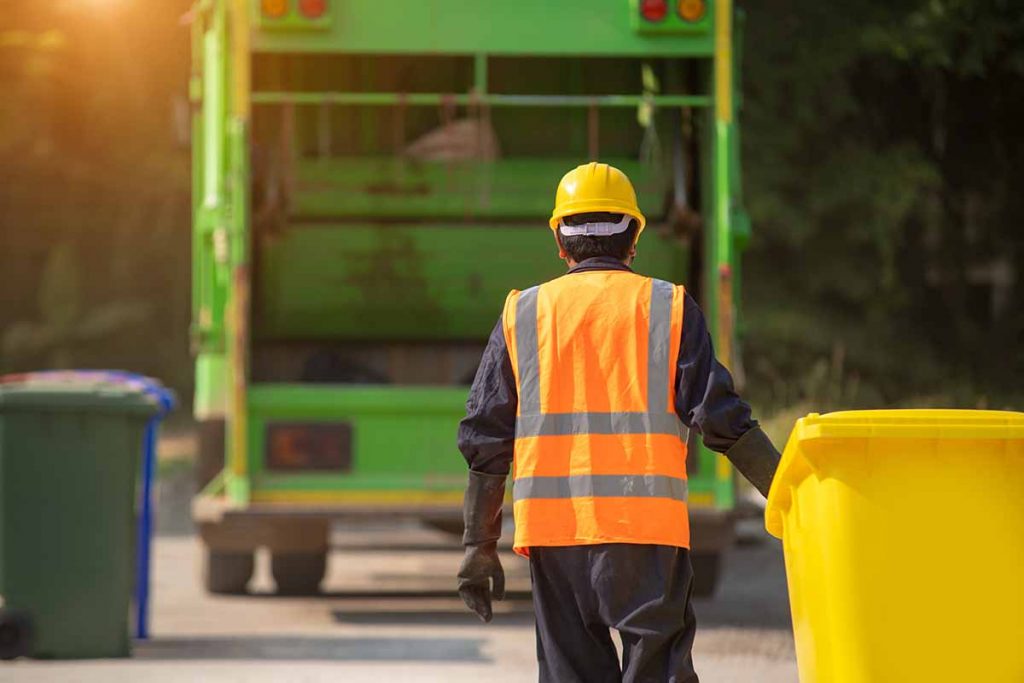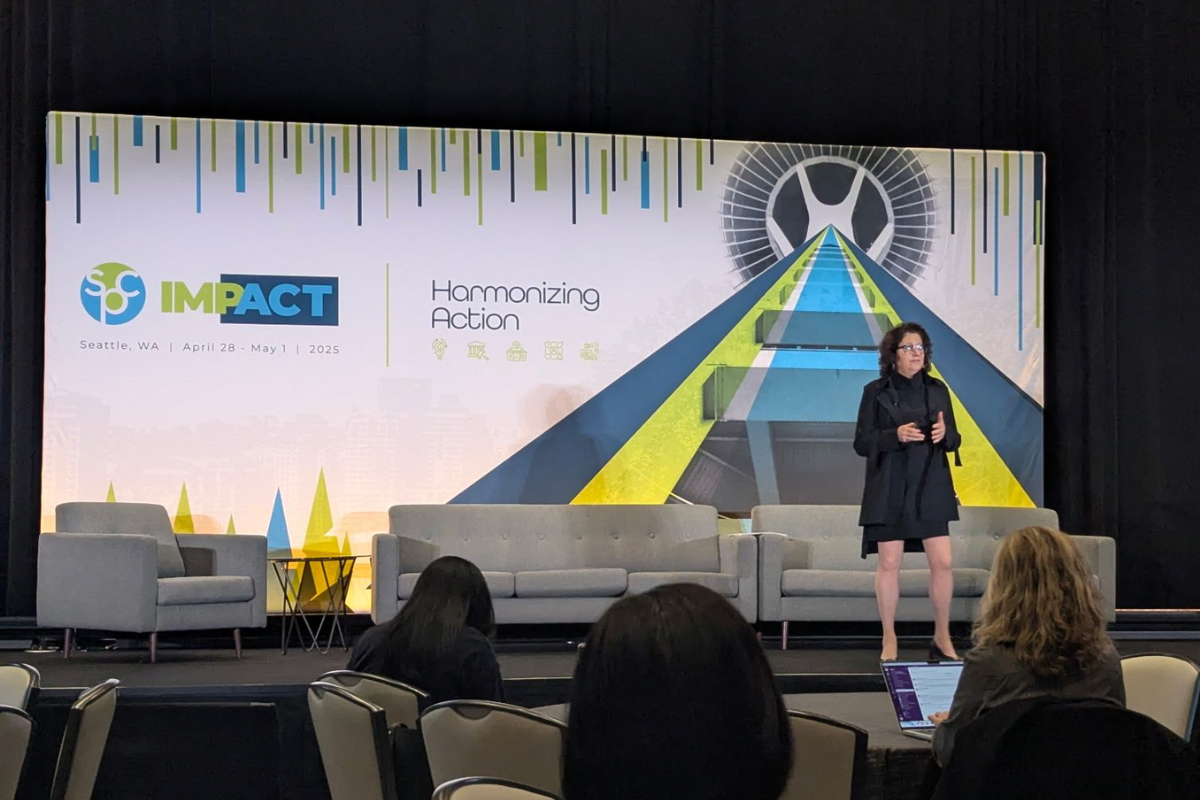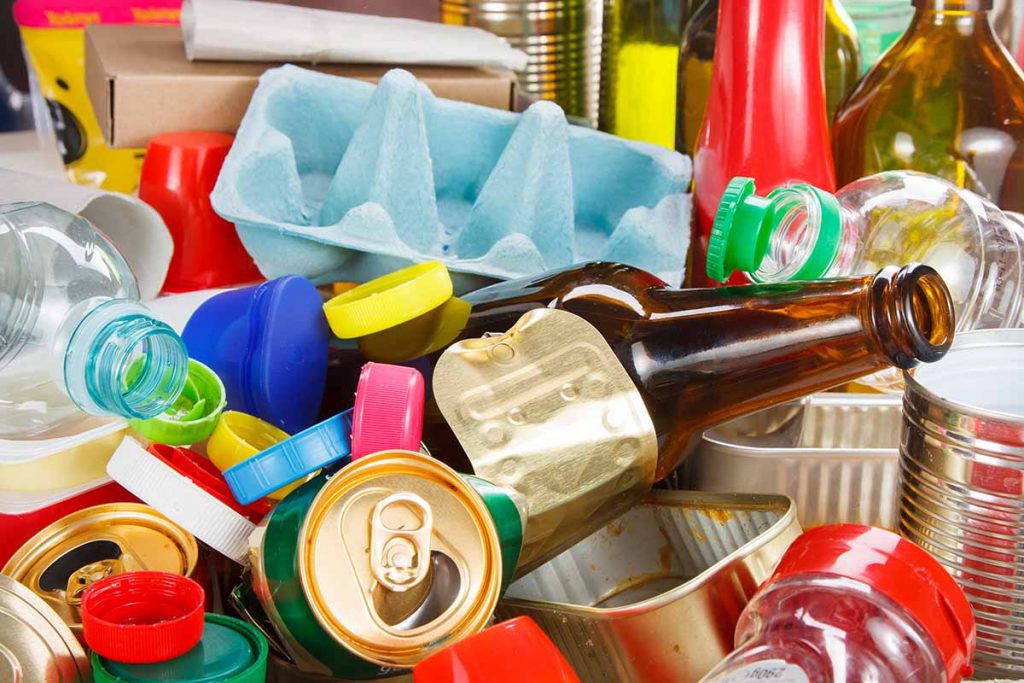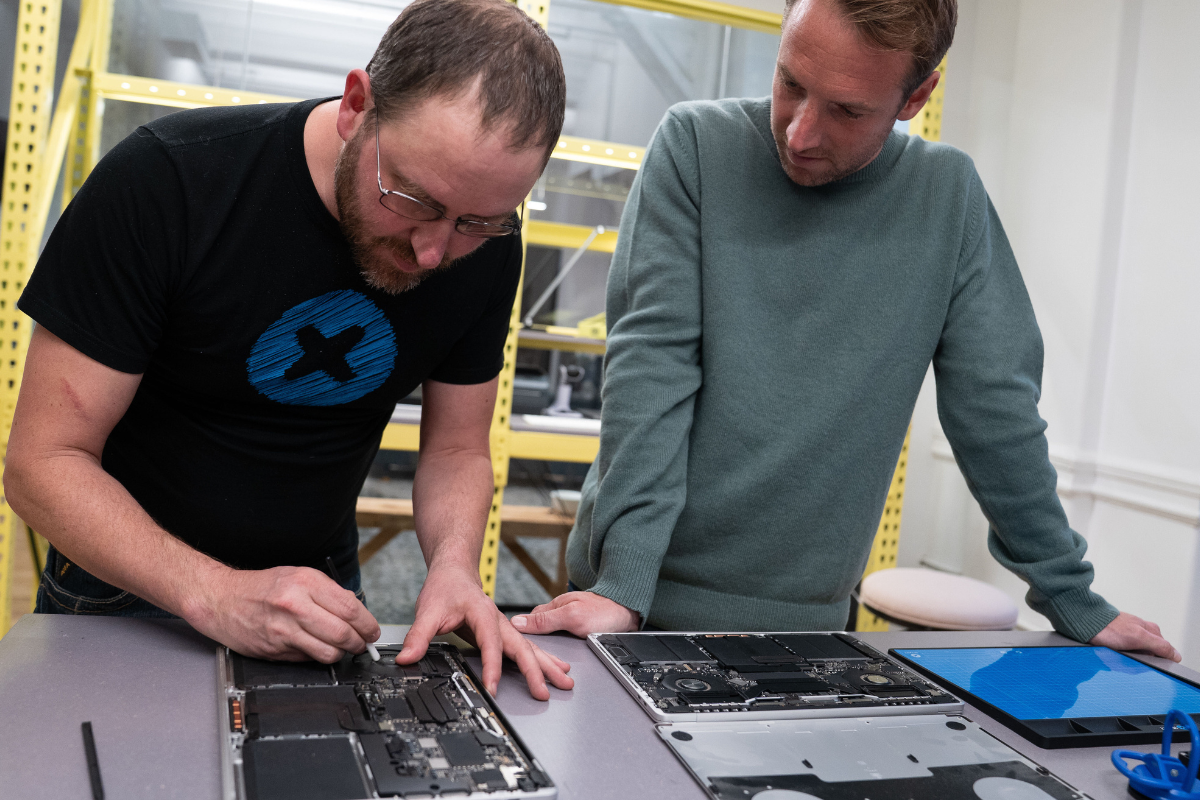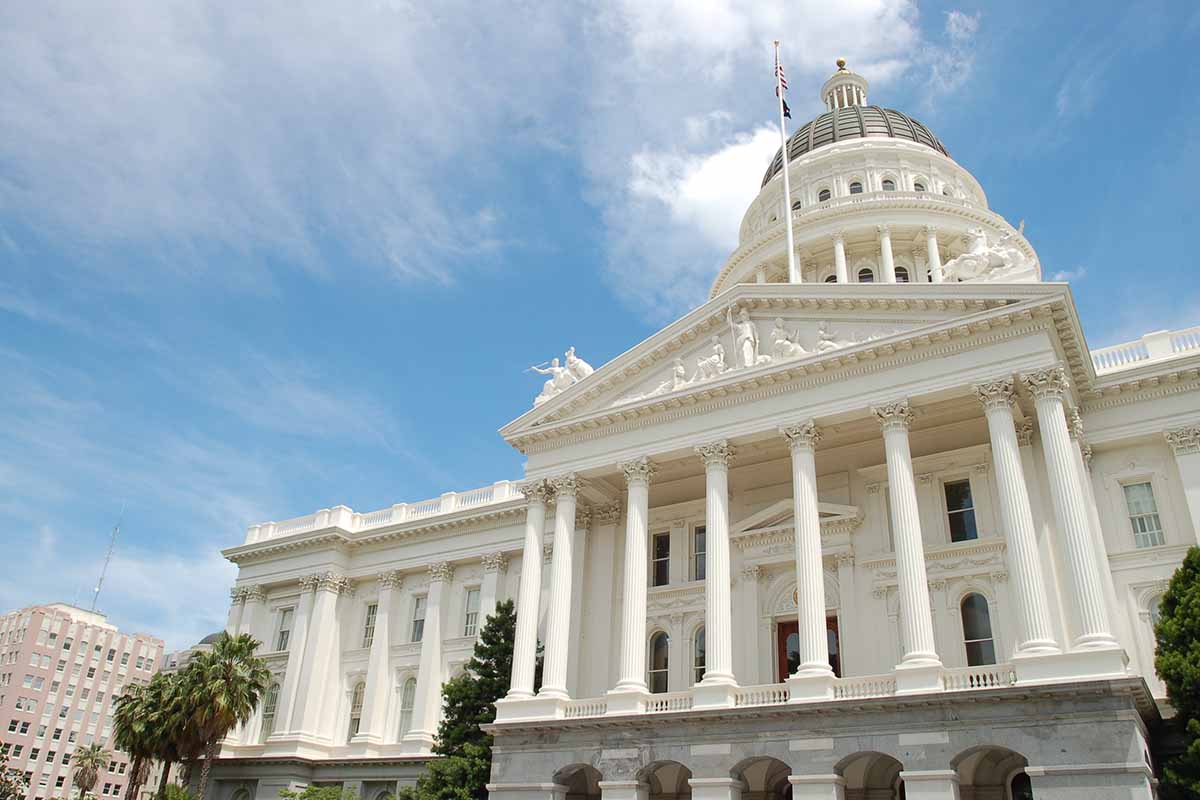
A technology-focused panel at ReMA’s 2025 conference featured Blake Gordon of Georgia-Pacific Recycling, Lisa Kagan of Buddy and Geoff Aardsma of AMCS, and was moderated by Jennifer Betts of Magnar Metals. | Photo by Colin Staub / Resource Recycling
For Blake Gordon, general manager of digital trading at Georgia-Pacific Recycling, defining next-generation technology can be boiled down to a simple question: Does it simplify something that is unnecessarily complex? If so, it’s next-gen. Continue Reading


